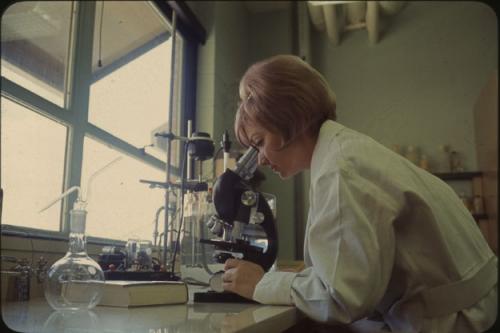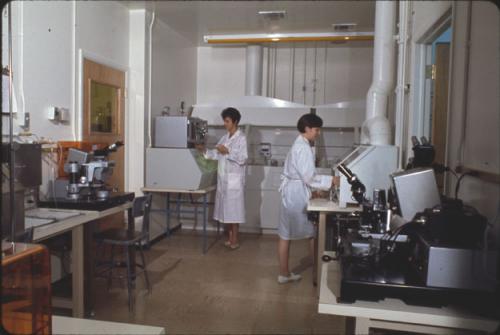Women in STEM
Oral Histories from 21st-Century Scientists
"What a scientist looks like can be pretty varying..."
- Cynthia Burrows, PhD
If you were asked to picture a scientist, who do you Imagine? For many the first image likely to appear in their mind is a man in a white lab coat. We know that women have been an integral part of science for centuries They have often labored in the margins, and tend to be rendered invisible by cultural, social practices, norms and stereotypical masculinity.
Today, more women have the opportunity to excel in scientific and technical fields. However, there are serious inequalities that persist during their recruitment, retainment, and advancement. Women in STEM struggle with a range of challenges from blatant discrimination and harassment. To a more subtle and pervasive ideologies and systemic biases, which can cause anyone to feel unwelcome or inadequate in their field. Now you could point out that a woman can make it into academic research even with these obstacles However, the tradeoffs they make in order to survive and thrive may exact a high personal cost.


